Halt! I’m a Patrol Officer, Detective, Animal Control Officer, and Water Meter Reader
In large cities law enforcement officers typically become highly specialized in their areas of expertise. Patrol officers there are often assigned to specific sections of the city—precincts—and they know their assigned areas like the backs of their hands. They’re on a first name basis with every drug dealer, hooker, petty thief, and peeping Tom.
Detectives in large departments are normally assigned to a particular duty, such as homicide investigations, narcotics investigations, or cyber crimes. Their training and experience is quite specific. There are full-time units in place to handle CSI, cold cases, SWAT, canines, bicycle patrol, and community policing, to name just a few.
However, in smaller jurisdictions—mid-size to small—where manpower and funding are precious commodities, officers sometimes have to serve double or even triple duty. They wear many hats.
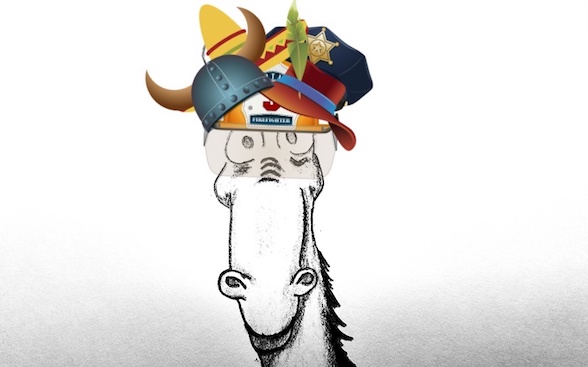
Patrol officers everywhere are the front line defense against crime. They’re the men and women who answer the never-ending stream of calls that range from brutal homicides to people who think they’ve seem aliens landing in their back yards.
But in small agencies a patrol officer may also be a member of the SWAT team. This officer would probably keep his/her SWAT gear in the trunk of their patrol car, ready to suit up on a moment’s notice. They may also serve as a member of the high-risk entry team, or as a bike patrol officer who swaps their cruiser for a bicycle during a portion of their shift.
Some detectives also serve as members of scuba dive teams. Many do their own evidence collection and crime scene photography. There are no CSI units in many, many departments across the country. In fact, many departments don’t have detectives. Patrol officers in those departments investigate criminal cases from beginning to end. Needless to say, this stretches manpower to the breaking point.
In even smaller police departments, where there are three or four officers (maybe the chief is the only officer) duties may branch out further still. For example, a small town of a few hundred citizens may expect their officers to read the town water meters as part of their regular patrol (yes, I do know of a town where this system is still in place).
Another town police chief has an office inside a country store. The “office” is a simple metal desk in the corner near the lottery ticket machine. The town’s highest ranking law enforcement officer only has access to his desk during the store’s normal business hours. He is also required to handle the town’s animal control duties.
So if you’re ever worried that your story seems a little off where police procedures are concerned, never fear. The truth about law enforcement is much more farfetched. In fact, the only thing consistent about police work is its inconsistencies.

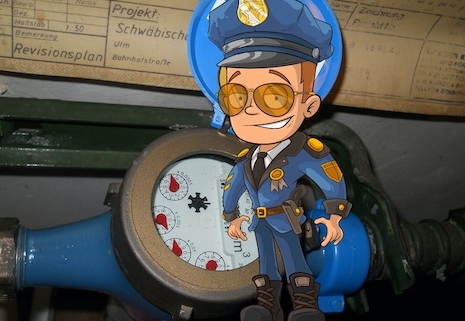
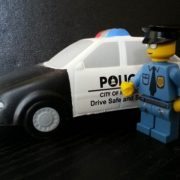


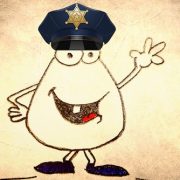
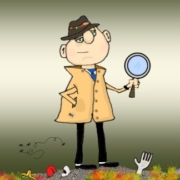
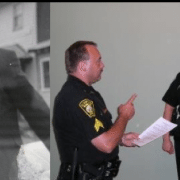
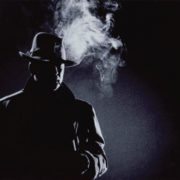
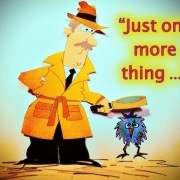



So the only sure thing is–no cordite?